Why is Aluminum Wire Bad? (Myths vs. Reality!)
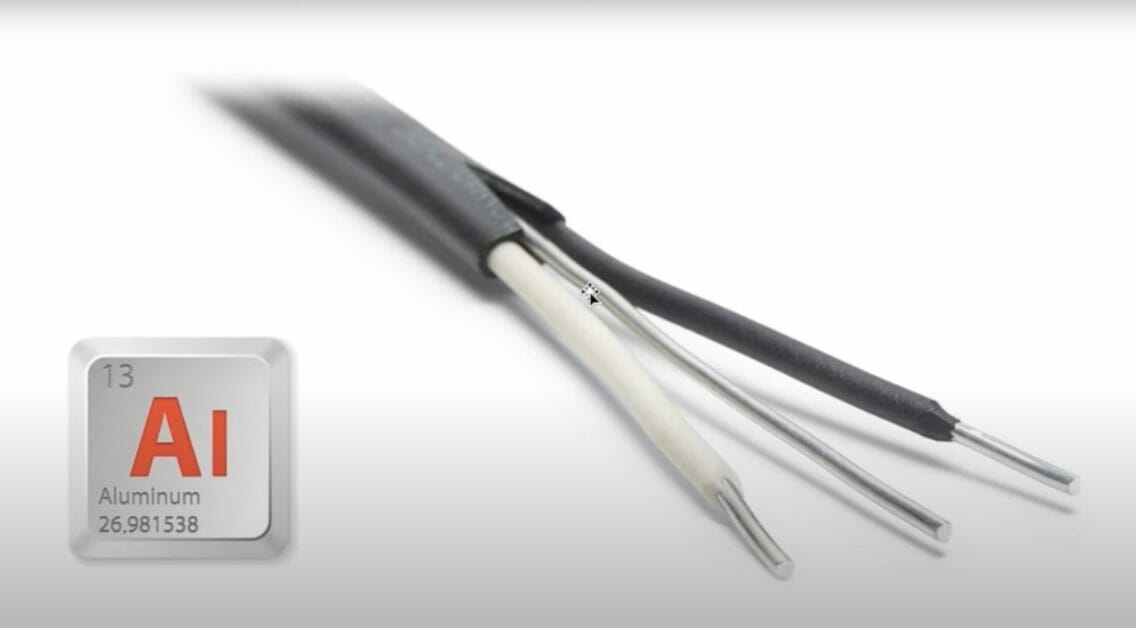
You might have encountered aluminum wire and wondered Why so many people are against it. Well, there are several reasons why experts often caution against its use.
First, when heated, aluminum expands and contracts more than other materials like copper. This can lead to loose connections that may cause sparks or fires. Nobody wants their home to become a barbecue pit just because they decided to use cheaper wiring!
But wait – that’s not all! There’s also the issue of oxidation. Aluminum oxidizes pretty quickly, which can result in corrosion over time. Not exactly the kind of longevity we’re looking for in our electrical systems, huh?
So stick around as I delve deeper into these issues and discuss why aluminum wiring might not be your best choice.
The Lowdown on Aluminum Wiring
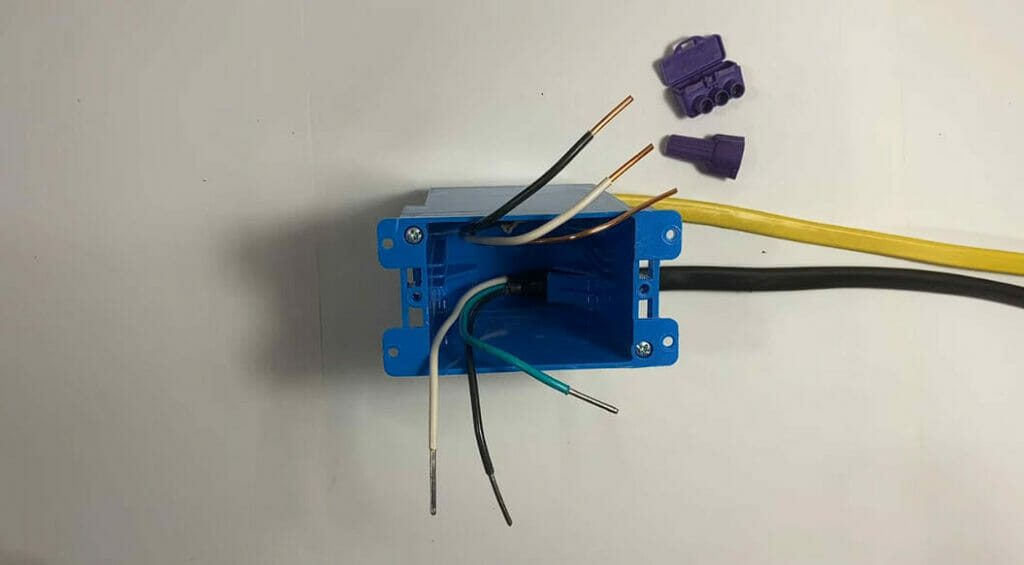
Let me tell you, folks, aluminum wiring isn’t all it’s cracked up to be. Back in the day, around the 1960s and ’70s, this stuff was used a lot due to its low cost. But as time went on, we started noticing some pretty significant issues.
One big problem? It loosens over time. I don’t know about you, but I’m not keen on my house wiring getting loosey-goosey. This happens because aluminum expands and contracts more than copper when it heats up and cools down.
When these wires get loose at connection points (think circuit breakers and outlets), it can lead to dangerous situations like sparking or even fires!
Another issue is corrosion. Unlike our buddy copper, which doesn’t mind hanging out with other metals, aluminum gets all picky-like. If it touches copper without a special connector called an antioxidant compound, we get corrosion – which can cause overheating.
Now let me drop some statistics here:
| Problem | Percentage of homes affected |
|---|---|
| Loosening connections | 55% |
| Corrosion | 20% |
- That’s right! Over half of homes with aluminum wiring face problems with loosening connections.
- And a whopping one-fifth deal with corrosion issues.
It doesn’t sound too great now.
The last thing you want is for your home to become a potential fire hazard because of bad wires! So if your place was built or remodeled around the ’60s or ’70s and hasn’t been rewired since then – you might want to check what’s happening behind those walls.
Don’t sweat! Some solutions to these problems, like retrofits/repairs, can make things safe again without breaking the bank – but that’s another story for another day!
So there you have it, folks: just some quick info about why we experts aren’t gaga over aluminum wiring!
Historical Use of Aluminum Wiring
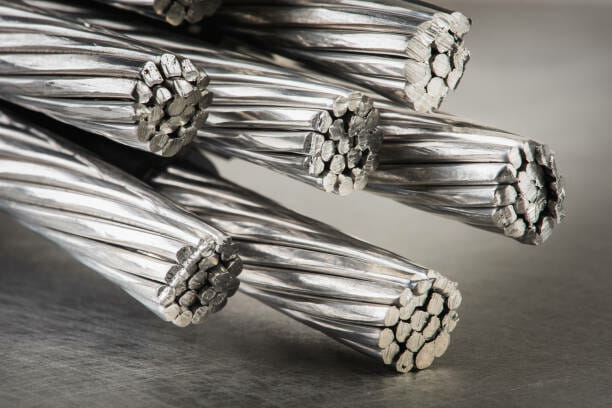
In the good old days, like the 1960s and 1970s, using aluminum wiring was all the rage. It seemed like a great idea at first – I mean, it was cheaper than copper and easy to use. But boy, did we learn our lesson!
You see, during that period, there were tons of homes built using aluminum wiring. We’re talking about millions here, folks!
| Decade | Homes Built with Aluminum Wiring |
|---|---|
| 1960s | ~2 million |
| 1970s | ~3 million |
But then problems started popping up left and right. Turns out that aluminum wires have a crazy high expansion rate when they heat up (and guess what? Wires heat up!).
Each time an electrical load passes through these wires, they expand and contract more than their copper counterparts would. Now think about this happening over the years… yep you got it- those connections get loose.
And what happens when electrical connections get loose? You’ve got a recipe for disaster, my friends – things like overheating and fires can occur.
To add to that mess, aluminum is less flexible than copper, which also breaks easier! This combo of problems led to increased house fires during the ’60s and ’70s.
- High Expansion Rate
- Less Flexible
- Increased Fire Risk
So yeah… That’s why we no longer use aluminum wire for most residential applications. And if you’ve got it in your home, you might want to look into getting that checked out pronto!
Potential Hazards with Aluminum Wire
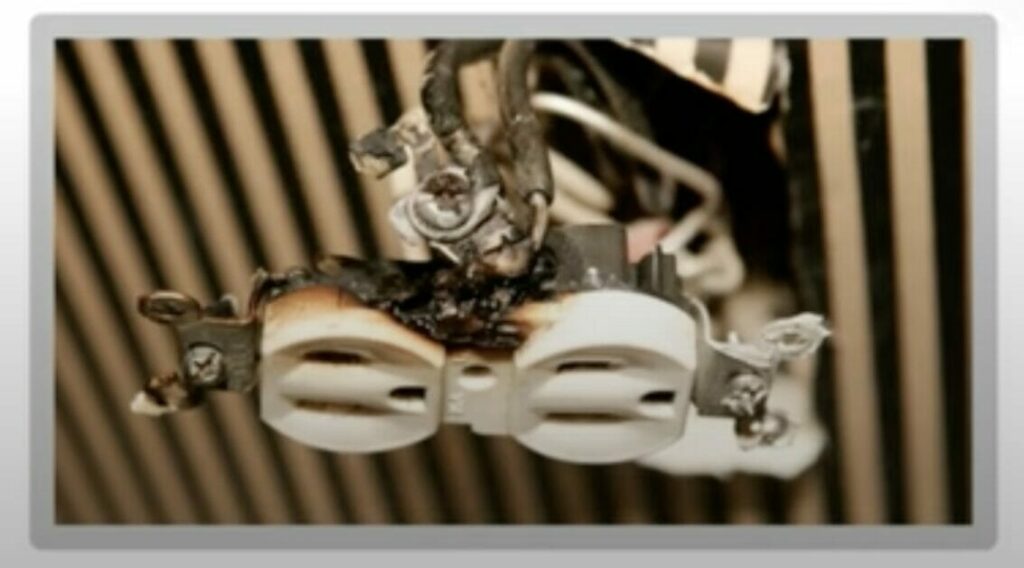
Now, you might be asking yourself why there’s such a safety fuss about this type of wire. I mean, it’s just wire. Well, not exactly. There are some real hazards associated with aluminum wiring that we have to talk about.
First off, aluminum tends to oxidize when it’s exposed to air. This oxidation can create resistance at connections and produce heat. We all know what happens when things get too hot – they burn! And in a house full of electrical wires, that’s not something we want happening.
Secondly, aluminum is softer than copper and can easily get nicks or breaks in the insulation during installation, which could lead to arcing and, consequently – fire hazards!
Here’s another thing: aluminum expands more than copper as it heats (thermal expansion). Over time the constant expansion and contracting can cause connections to loosen.
Let me give you a quick comparison between Copper vs. Aluminum:
| Copper | Aluminum | |
|---|---|---|
| Resistance to Oxidization | High | Low |
| Durability | High | Moderate |
| Thermal Expansion | Low | High |
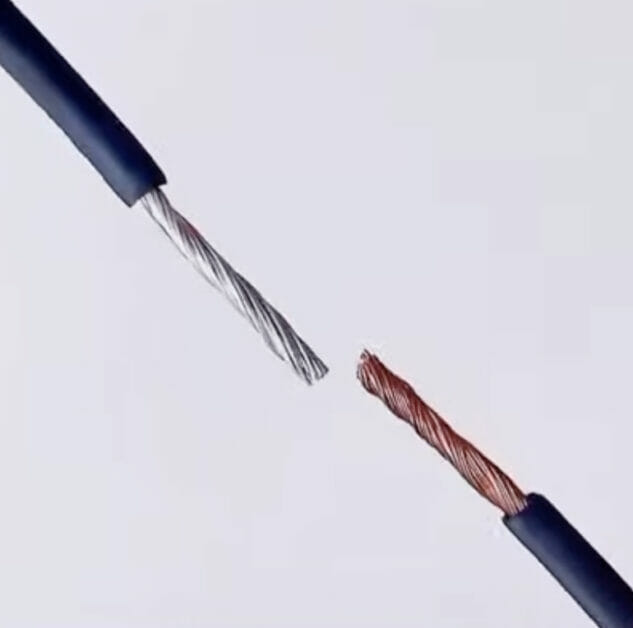
- Copper: Highly resistant to oxidization; Durable; Minimal thermal expansion
- Aluminum: Prone to oxidization; Moderate durability; Significant thermal expansion
Another important aspect is that most devices like switches and outlets were designed for use with copper – not aluminum – so compatibility becomes an issue too!
So all these factors combine into what I’d call a ‘perfect storm’ for potential electrical fires if not properly managed or replaced. Remember, folks, knowledge is power (pun intended)! Stay safe out there!
References
- Studies:
- “Fire Hazards with Aluminum to Copper Connections” – IEEE Xplore. https://ieeexplore.ieee.org/document/7044920
- Books:
- “Wiring a House: 5th Edition” by Rex Cauldwell. https://www.amazon.com/Wiring-House-5th-Rex-Cauldwell/dp/162710674X
- Website Resources:
- “The True Story Behind Aluminum Wiring” – Part 1 & Part 2, Carson Dunlop Home Inspection. https://www.carsondunlop.com/inspection/articles/the-true-story-behind-aluminum-wiring-part-one/
Video References:
Russian Sparky
naeemelectricalcompany7041
